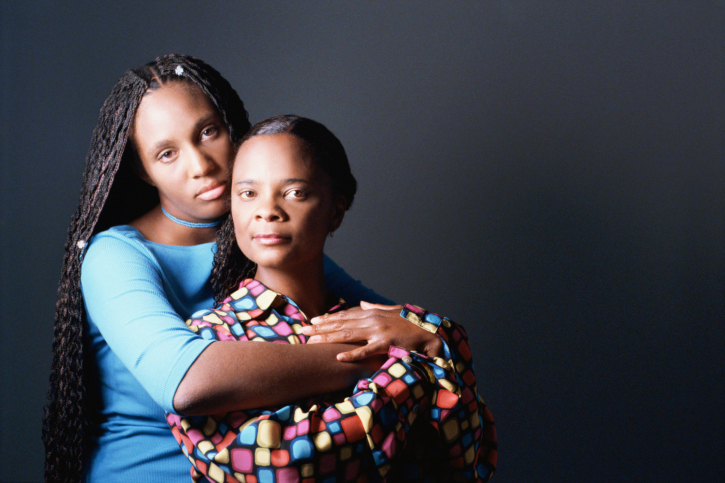 Underuse of effective treatments for mental health disorders is more pronounced among African Americans than non-Hispanic whites. A new study attempting to explain this health disparity in the Journal of Health and Social Behavior finds that blacks with a family history of untreated mental health disorders are less likely to seek treatment, even when they rate their own mental health as poor.
Underuse of effective treatments for mental health disorders is more pronounced among African Americans than non-Hispanic whites. A new study attempting to explain this health disparity in the Journal of Health and Social Behavior finds that blacks with a family history of untreated mental health disorders are less likely to seek treatment, even when they rate their own mental health as poor.
Although African Americans have a lower or similar prevalence of mental health disorders as Whites, they have relatively high rates of disorders that carry a substantial need for treatment including severe, disabling, persistent, and chronic psychiatric disorders and receive mental health services less often than Whites.
“The reasons for this [treatment] disparity aren’t clear,” says study author Alice P. Villatoro, Ph.D., a former graduate student at the University of California, Los Angeles “Many studies have examined structural factors that could be at play, including insurance and financial status, the supply of mental health services, or the availability of culturally competent care.” However, she explains, fewer studies have examined the role of families in steering individuals toward or away from care.“ The process of seeking help for mental health problems isn’t just done by an individual,” says Villatoro. “It’s a very social process, and families can be an important resource for individuals trying to access help.”
SIGN UP FOR OUR NEWSLETTER HERE!
Villatoro and her colleague Carol S. Aneshensel, Ph.D., professor and vice chair in UCLA’s Department of Community Health Services, examined data from more than 3,000 randomly selected African Americans participating in the 2003 National Survey of American Life. Participants answered questions about their own self-rated mental health, use of mental health services, family mental health history, family interactions, and general socioeconomic and demographic factors.
Villatoro and Aneshensel found that less than 10 percent of those surveyed accessed any mental health service over the past year. Those individuals who said that their family members were less supportive, more demanding, and more critical were more likely to have accessed mental health care than those who had more positive family interactions. Similarly, those who rated their own mental health as poor, had a diagnosed mental health disorder, or had symptoms indicative of a mental health disorder were more likely to have seen some sort of professional for mental health care.
4 Tips For Improving Black Mental Health
However, those with a family history of untreated mental disorders were less likely than those with no family history or a history of treatment to have sought help, even among those with poor self-rated mental health or symptoms of a disorder. Those families might attach a stigma to mental health services, Villatoro says, discouraging individuals from seeking care even when they clearly need it.
The findings suggest that family can play an important role not just in encouraging individuals to seek out help but also discouraging people who need help from getting it, says Michael Lindsey, Ph.D., an associate professor of social work at New York University.
“Family is important because they’re the first point of contact,” Lindsey says. “They’re often the first people who recognize that there’s a problem and can help problem solve about what the next steps will be, whether that’s to push or pull someone away from treatment.”
Halle Berry Black Mental Health To Big Screen In “Frankie & Alice”
Lindsey notes that future work should focus on what individual factors within these family interactions influence individuals to enter treatment as well as how families might be incorporated into mental health services to make treatment as successful as possible.
This article was originally published by the Health Behavior News Service, part of the Center for Advancing Health.
Visit the BlackDoctor.org Mental Health center for more articles.








